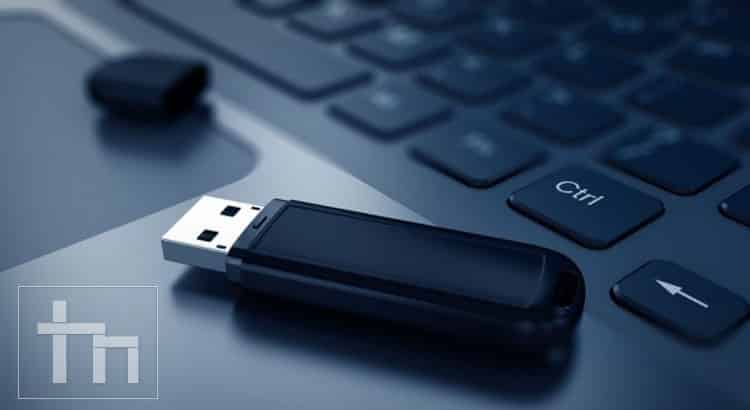
Bootable Usb For Windows Using Mac
Apple may have made Mavericks more accessible to Mac users everywhere at the fair price of zero dollars, but unfortunately, they made it trickier to create a bootable install drive of the Mac OS X 10.9 operating system.
Mac virtual machine for windows. MacOS, the operating system previously known as Mac OS X, is beautiful, stable, and typically attached to a $1000+ MacBook / iMac. If we want to run macOS on a Windows PC, without the very particular.
In this article, I am going to show you how to create macOS Sierra bootable USB Installer on Windows 10. If you are in the process to install macOS Sierra 10.12 on your PC. So the first step is to create a to install Mac OS from it on your PC, you can create bootable USB Installer with UniBeast but still, you need a macintosh to download and create macOS Sierra bootable USB Installer. So here we’re to show you how to create bootable USB Installer for macOS Sierra on windows 10 and you don’t need any MacBook or any Apple computer. Create macOS Sierra Bootable USB Installer on Windows 10 To create Bootable USB Installer you need to download macOS Sierra image file from the link below and other files that mentioned in the download section with a 8 or higher USB flash drive. The download process is a little bit complicated if you are not known to mega because you have to download it from there, also the credit goes to a Brazilian Hackintosh group. Note: This method works on Windows 7/8/10 and it’s not the TransMac process.
Step #1. Firstly, download the following materials from the link below. Find & Copy your System Config.plist Note: Remember that if you didn’t found the exact config.plist file for your system then use the one that is approach to your system. Like if your system graphics is intel 4210 then choose above or below that because it mostly works, though there are many that might fix your system and compatible with Hackintosh. Also, you might find your prepared config.plist file just by a quick googling. Now go to your USB flash drive EFI > Clover then paste and replace the config.plist file that you copied from “Pacote de Config” folder with default plist file.
Problem with the config.plist file. I tried all the files from the link in this page, and checked also other websites, from tonymac86 with all sorts and types of patches, yet also from github () that did not work. It is stuck on the apple log after 55% (when the logo “circle with 300 degree line” appear ). It is just about the correct config.plist file. There are 2 cards, (1)Name Intel(R) HD Graphics Family Bits/Pixel 32 Resolution 1366 x 768 x 60 hertz Driver Version 10. (2)Name AMD Radeon R7 M265 the question, can you present the config.plist file that will work here??
Recently, I need to work with Xcode for school homework and sometimes I do them at home, without a Macbook. So, from a friend’s story, I learnt that it is possible to install Mac OS X on a computer or laptop that runs Windows. I immediately started my research and intended to install Sierra on my old friend Toshiba Portege R705-P35, who has been with me since 2011, currently dual booting Windows 7 and Ubuntu 16.04.2.
I began with this tutorial on WikiGain. I followed it correctly except for two things: I worked with Windows 7 Home Premium x64 and didn’t add the Config.plist file as the tutorial suggested thinking it wasn’t necessary because my laptop doesn’t have a dedicated graphics card. I thought I was safe after getting into Clover’s menu but eventually hit a wall.
No matter what I tried, every booting attempt ended at “Still waiting for boot device” with a blocked sign and garbled text. My laptop’s specifications (copied straight from CNET); Toshiba Portege R705-P35 Processor: 2.26GHz Intel Core i3 Memory: 4GB, 1,066MHz DDR3 Hard drive: 500GB 5,400rpm Chipset: Intel HM55 Graphics: Intel GMA HD (integrated) Operating System: Windows 7 Home Premium (64-bit) Here are what I tried: Changed SATA mode to AHCI and left it so for every later boot. Changed to another USB port. Unplugged then replugged the USB to the same port and to another port after the error message displayed. These boot flags (I don’t know if they are relevant to my case but everywhere people suggested trying them so I tried): npci=x2000 -v -x UseKernelCache=No cpus=1 npci=x2000 -v -x UseKernelCache=No USBBusFix=yes USBLegacyOff=yes Recreated the bootable USB. As I don’t have access to a Macbook, I can’t try other solutions that require software which only run in Mac OS.

From the message, I understand that somehow the installer lost contact with the USB mid-installation and failed to continue. As I observed when I replugged the USB, its light flashed for one second then immediately went out. I used a brand new Gigastone U207 USB 2.0 Drive so I don’t suppose the problem is with the bootable USB itself. Any suggestion is much appreciated.